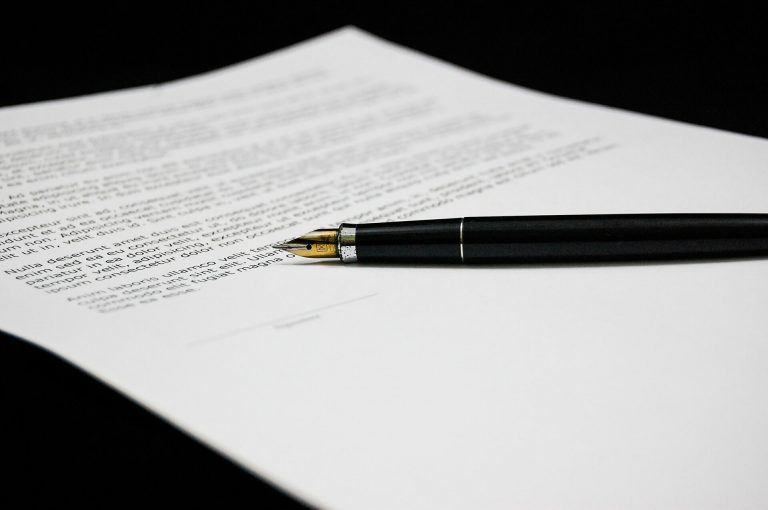Documents that the Buyer Must Possess while Buying a Property
Post by : favouritehomes
Buying a property of your own can be one of the most exhilarating and gratifying experiences of a lifetime. Most people buy a home only once in their life and you wouldn’t want anything to go wrong with it. While choosing a home can be lots of fun, getting down to the nitty-gritty of the payment and change of name can sometimes turn into a nightmare, that is, if you don’t go through the, small writing carefully or if you don’t bother with asking for all the necessary documents to ensure everything is clear and aboveboard.
Paying for a property upfront and then waiting for it to be built, all the while paying rent for your current accommodation plus the EMIs on the property purchased, can get a tad inconvenient. Sometimes the builder may delay the project in which case, this gets worse; and there are times when some unscrupulous builders over-promise and then do not deliver the product! This is the story of many property buyers. All these factors can take the charm off buying the property. So when buying a home, go for property builders who have a reputation at stake and an impressive history to back them up like Favorite Homes!
When buying a property, there is a list of documents that the buyer should possess; this list may vary from state to state, but some basic set of permissions and documents are essential and will be needed for applying for a home loan too. The following is a summarized list of these documents:
Deed of Sale
From this document, you will get to know whether the seller owns the property being sold and whether he has the right to sell it and transfer ownership. It will also throw up any outstanding loans or litigation if any, on the property. You will need to check the original property deed too, to confirm that it’s in the name of the seller.
No Objection Certificates
These are required at various stages of construction and are a set of permissions from various departments including forest department, environment department, sewage department, stormwater and drain department, traffic coordination department, airport authority, chief fire officer and pollution board, etc.
Approved Layout Planning
These need to be approved by the authorities responsible; in some rare cases, developers deviate from the plan and add extra floors or additional spaces not approved, which could lead to hassles and delays in delivery.
Commencement certificate
This certificate permits the builder to start construction work. Without this certificate, any construction is illegal.
Encumbrance Certificate
This can be obtained from the sub-registrar office and can throw up any pending legal or monetary liabilities from as far back as 30 years.
Purchase Agreement
You should scan this document very carefully to ensure the builder provides all that is offered in the project aside from payment terms, completion deadlines and default payment penalty; the agreement should also have a clause to transfer the common areas to the society so the seller has no further claim over it.
Occupancy certificate
This is issued by the local authorities and includes the provision of water, electrical and sewage connections.
Remember to collect the latest tax receipts too – and this should cover a majority of the documents you need.
 +91-98959 94000
+91-98959 94000 +971501148100
+971501148100












